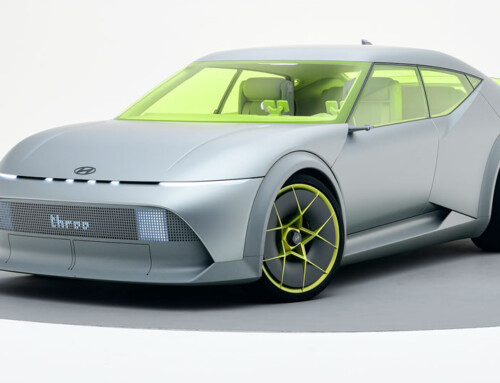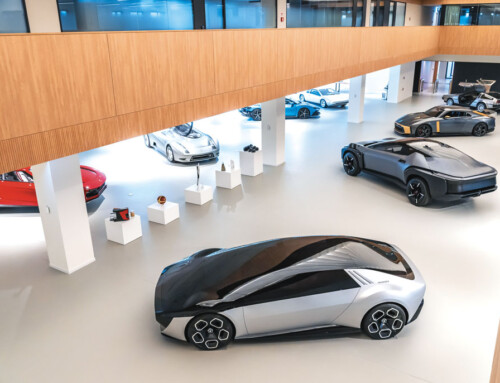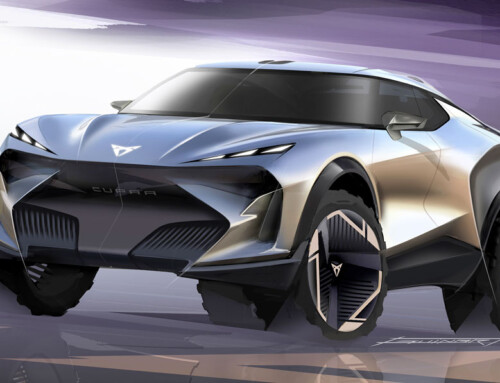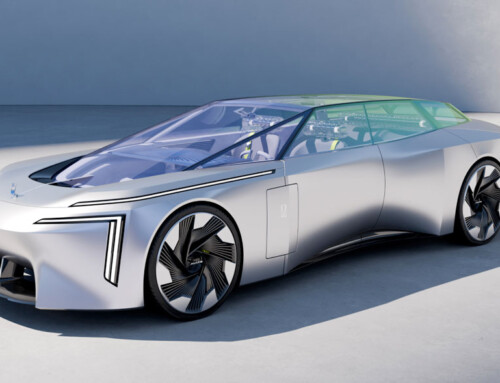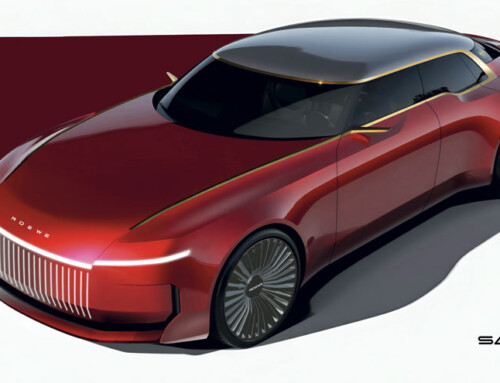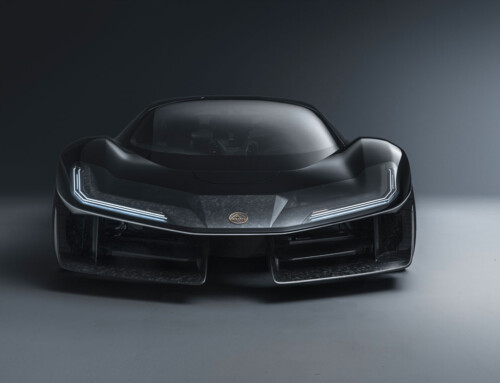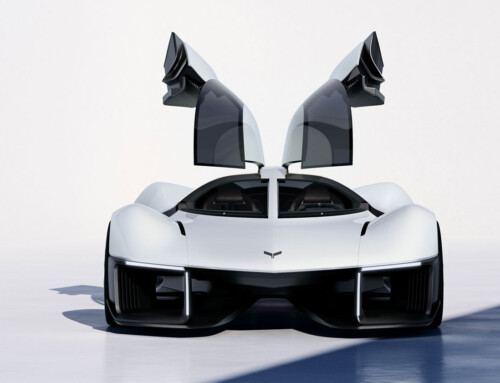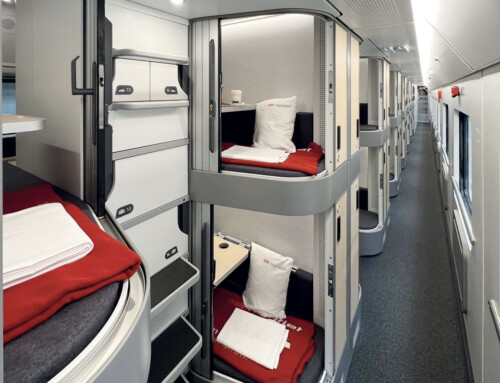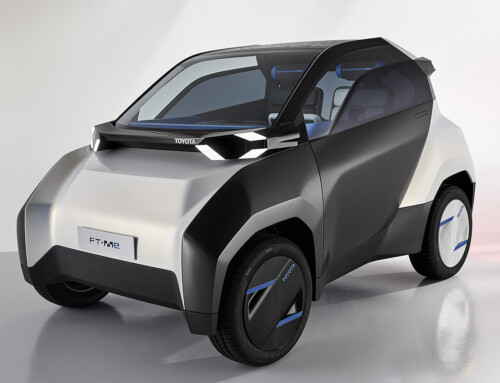The nostalgic would like to view the C3 as the heir to the legendary 2CV. Actually, the new Citroën owes its distinctive looks and personality to the courage of its in-house designer.
It all started with the C3 Lumiere concept car presented in September 1998. “When we started work on that prototype, we knew a production car was on the cards”, reports Donato Coco, director of design for Citroën’s small and medium-sized cars. “The product brief demanded “an essential car”. I came up with the concept of “a different drive” and issued instructions to my designers: contrasting masses and simple curves”.
Initially, Coco’s approach was judged rather too retro, but the modernity of the concept became clearer in three dimensions. “The philosophy we were seeking for the front section shows up very clearly in Gilles Taylor’s scale model. At the same time, his colleague Oleg Son had produced a scale model of an MPV with a particularly expressive tail end. So they put those two halves together to produce the C3 concept which was then developed into a full scale model”.
The team then had more work to do on the model’s shaped sections. They also inserted a number of tautly incisive lines. “Naturally the production model posed different problems from the concept car”, Coco continues, “but the Lumière showed us the way to go, gave us the vocabulary to express our ideas in”. The one area that borrows nothing from the Lumière is the C3’s interior that was designed from scratch by Alessandro Riga to match the design of the exterior.
Other models have already been developed on the same C3 platform. The first of these is the Pluriel, previewed three years earlier by the concept car of the same name. Expected on the market by the end of this year, there will be time enough to talk about it.
The article continues in Auto & Design no. 133

